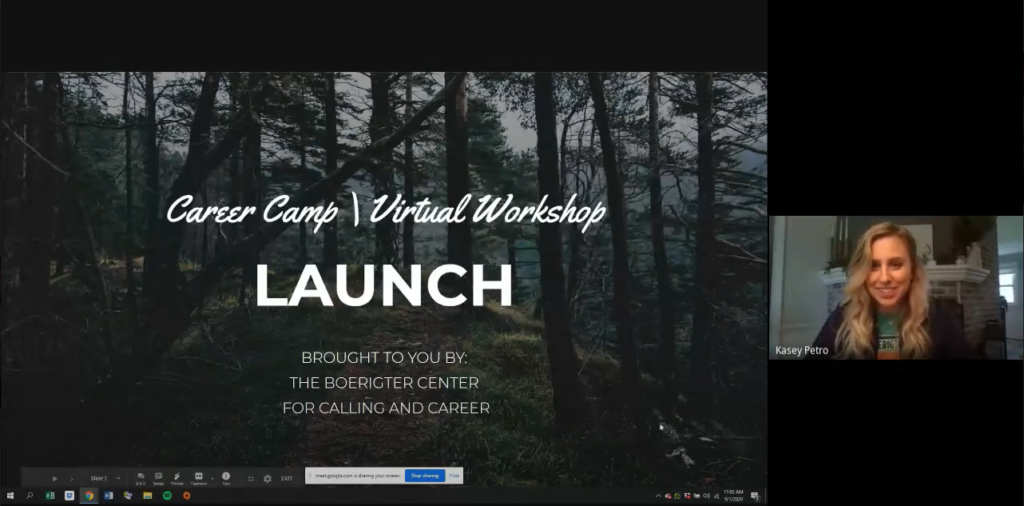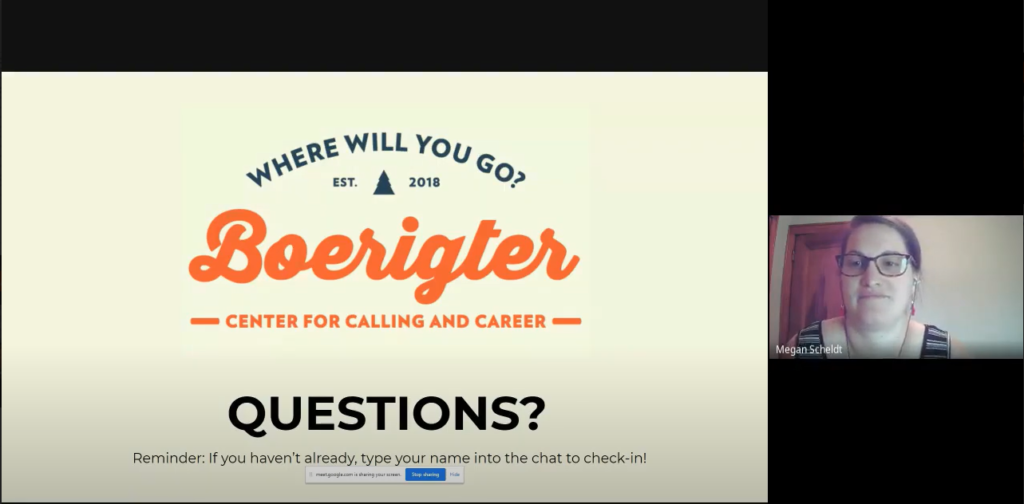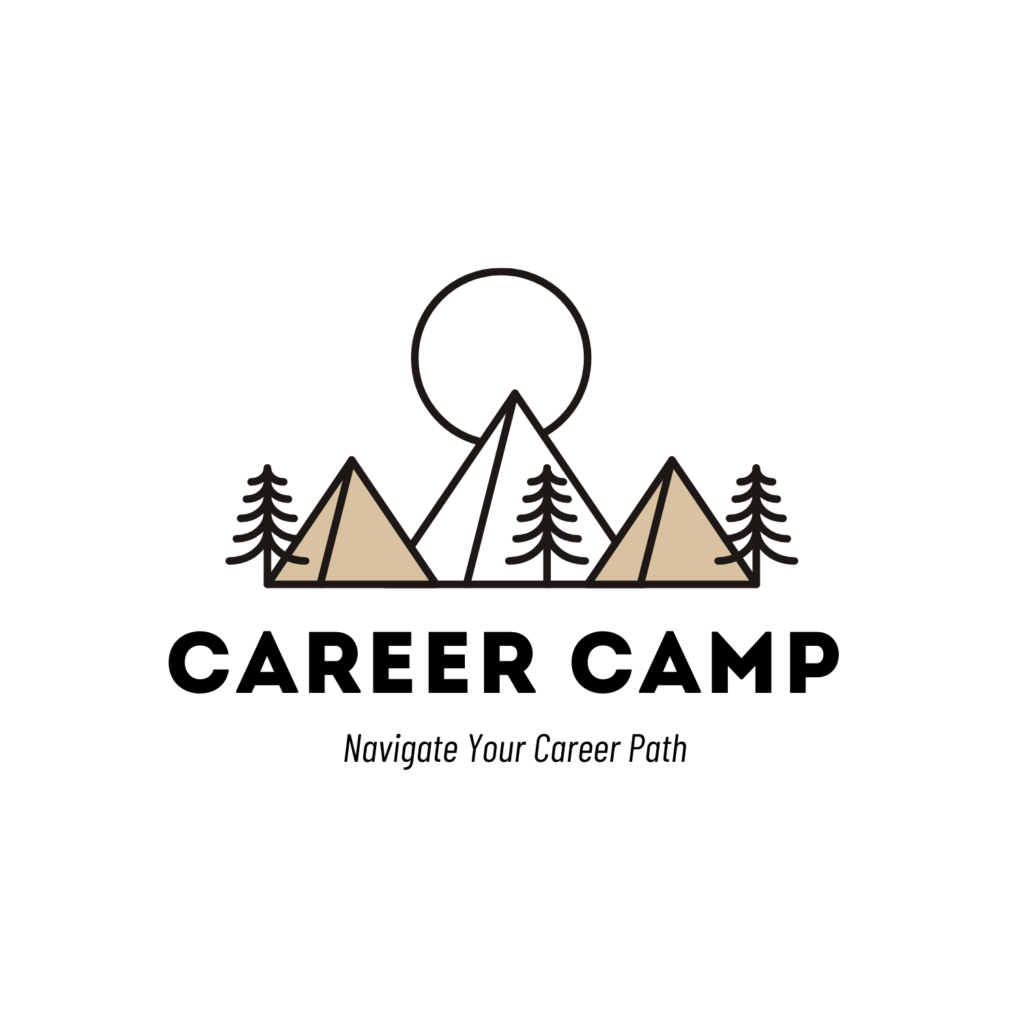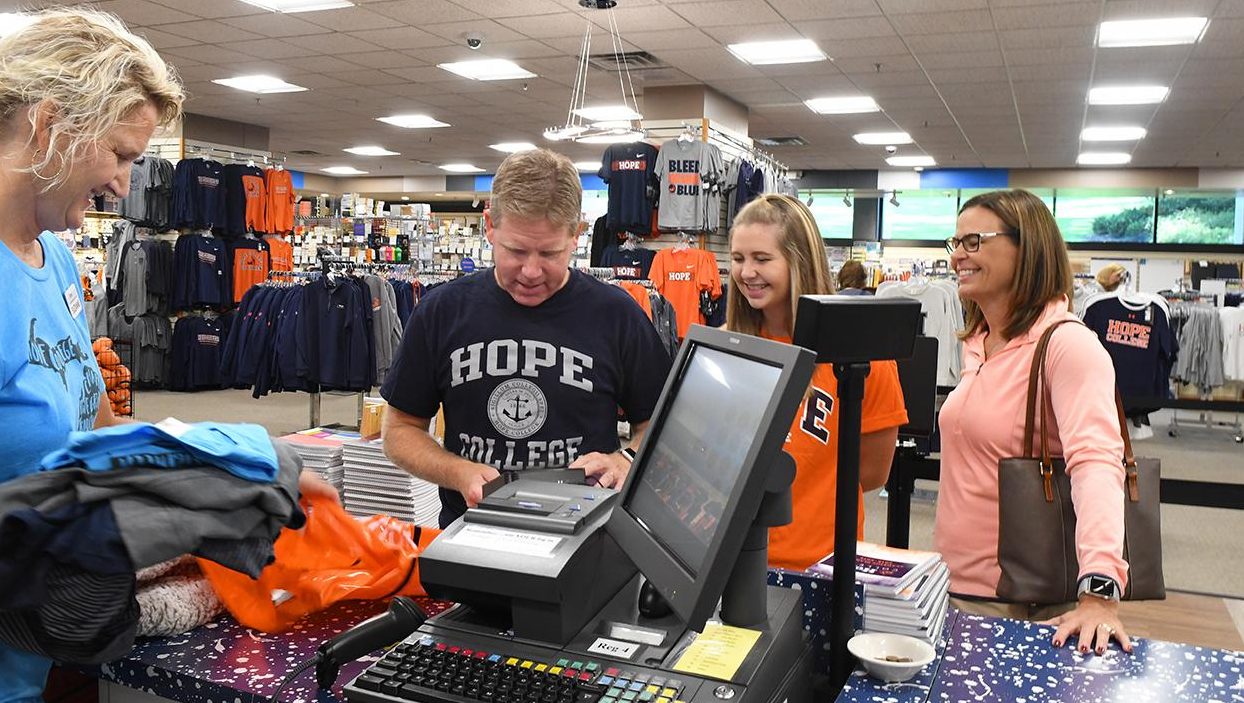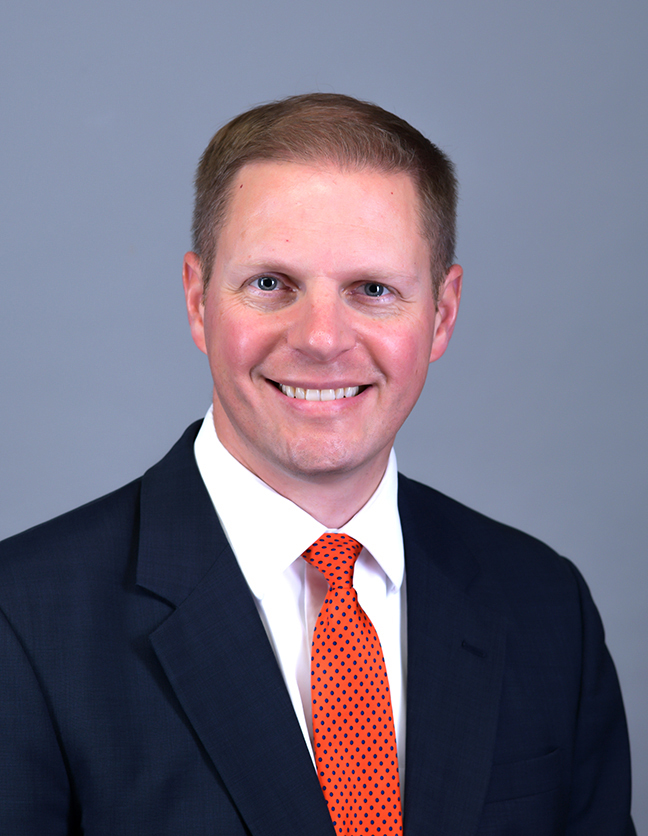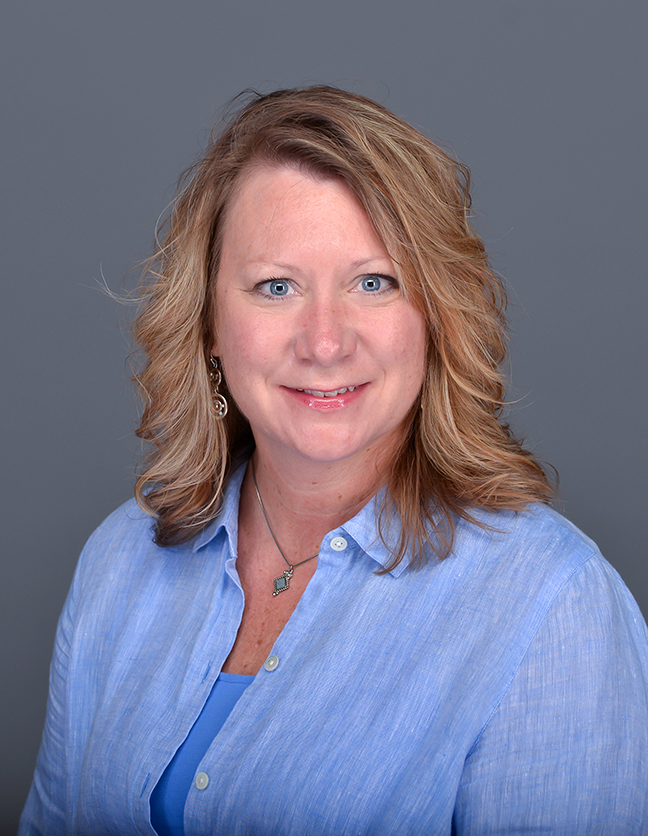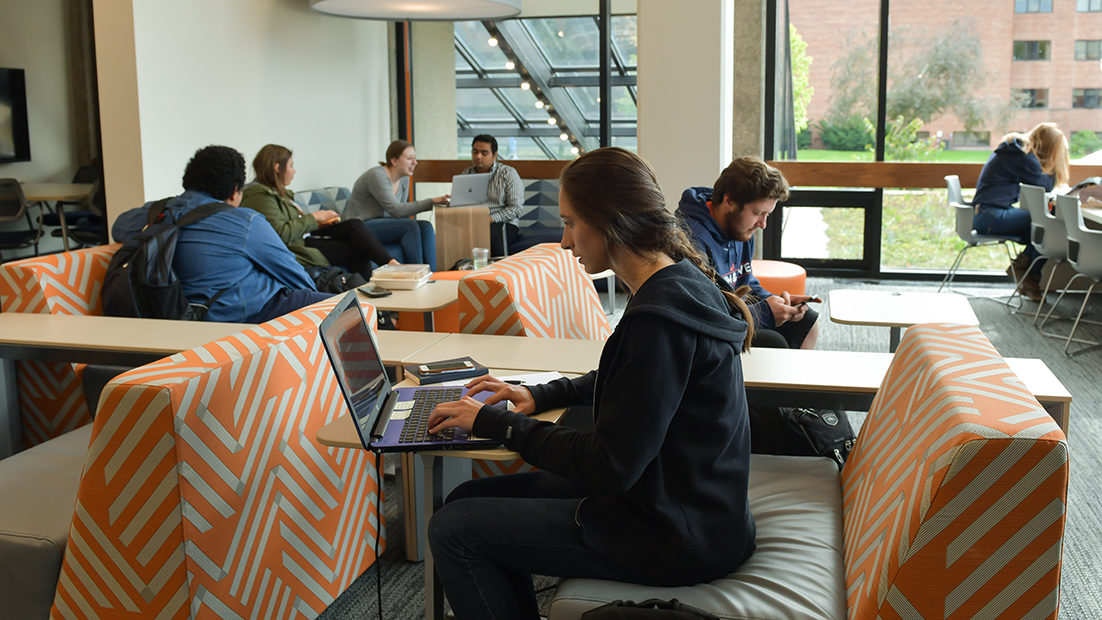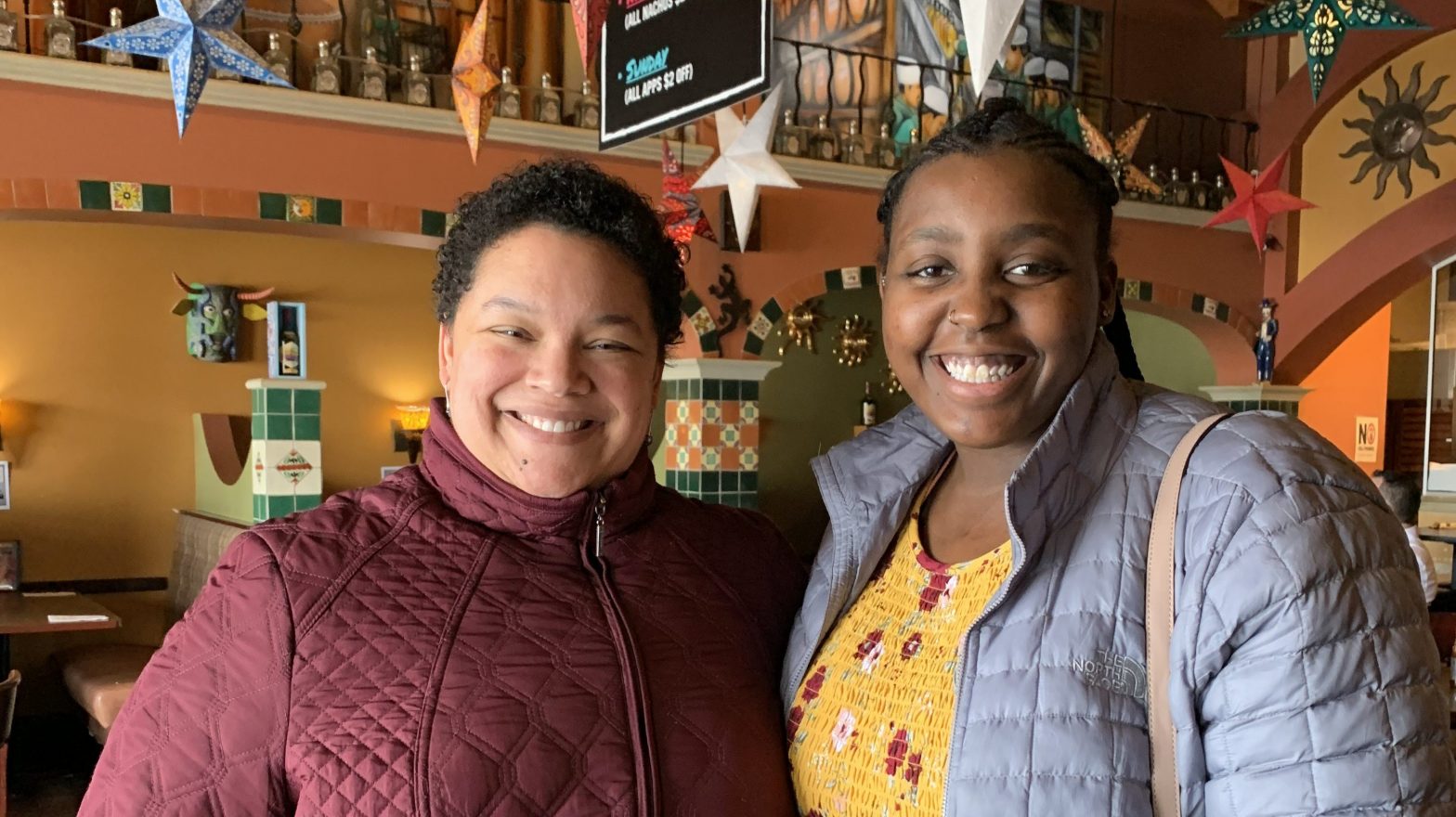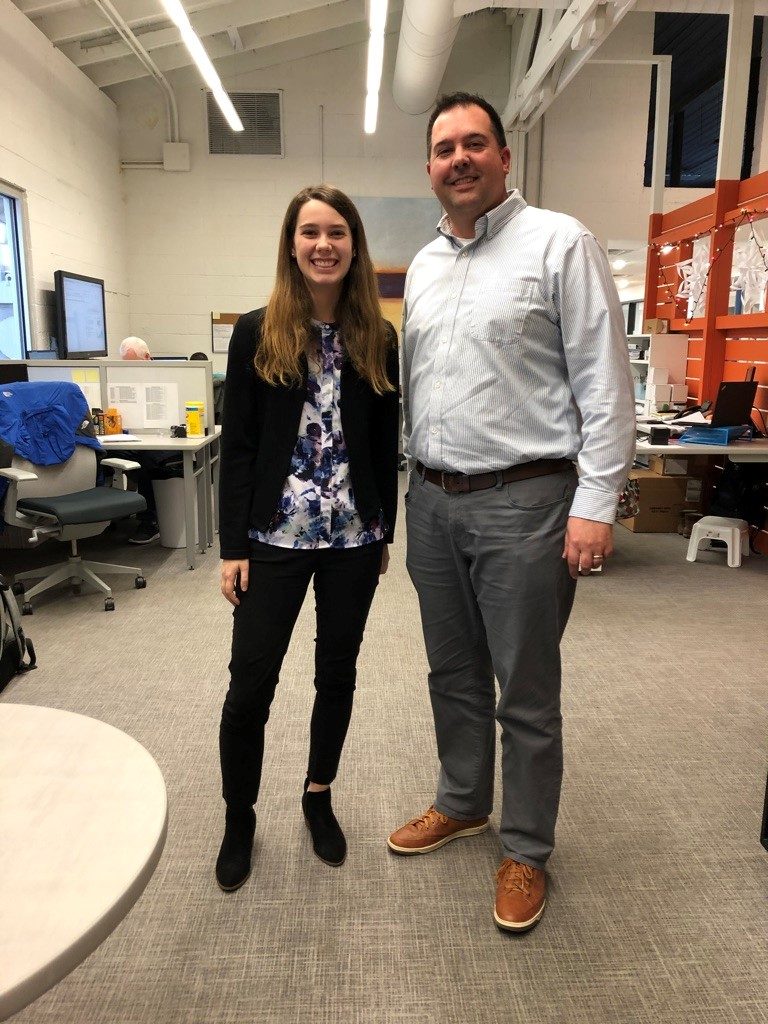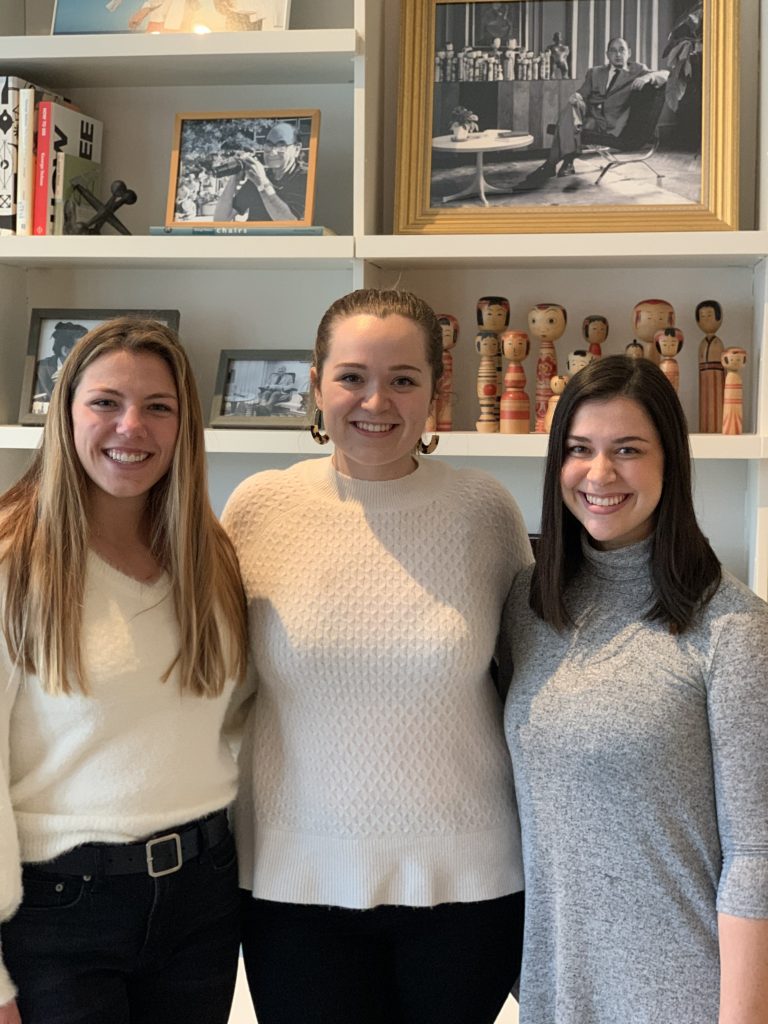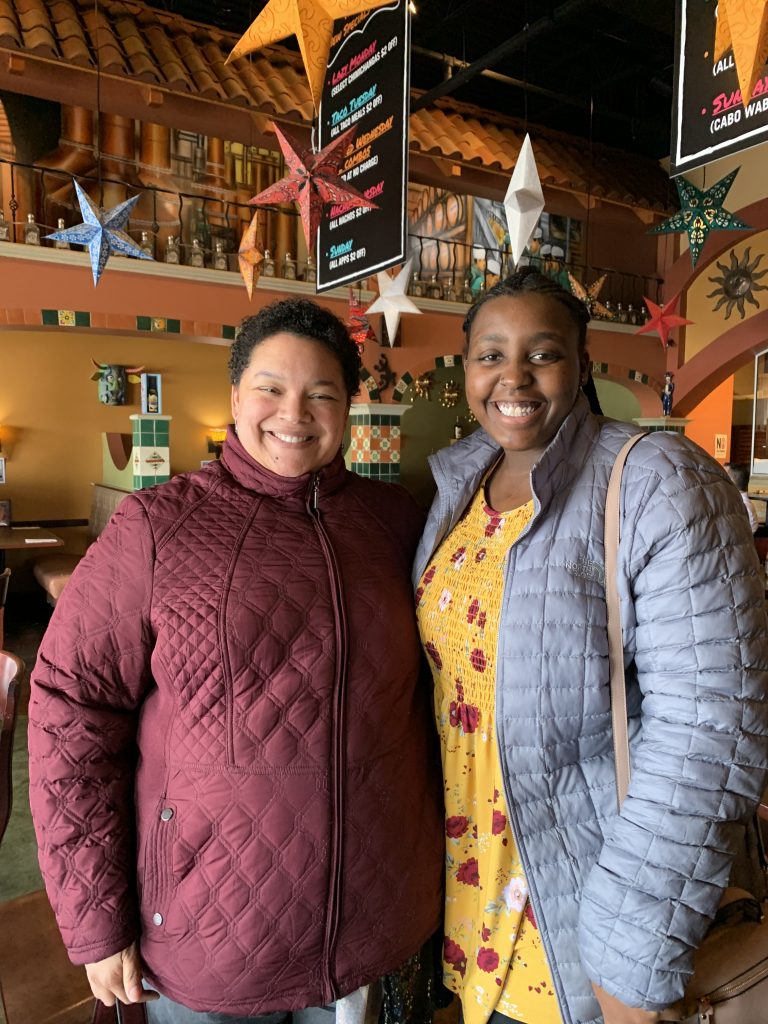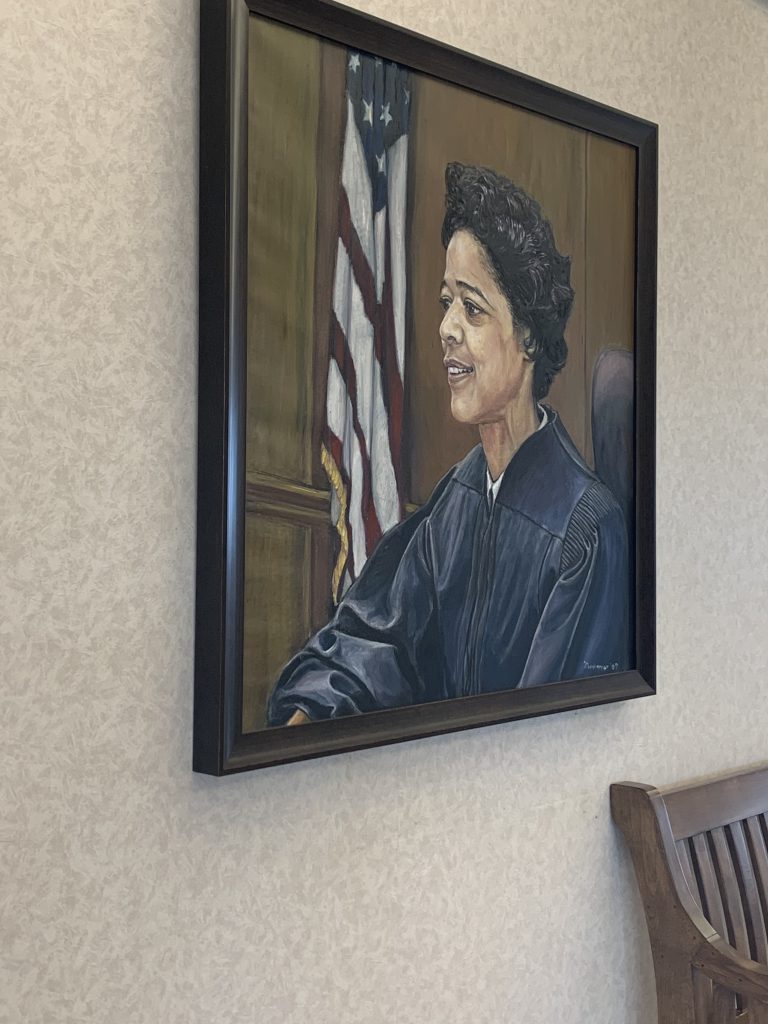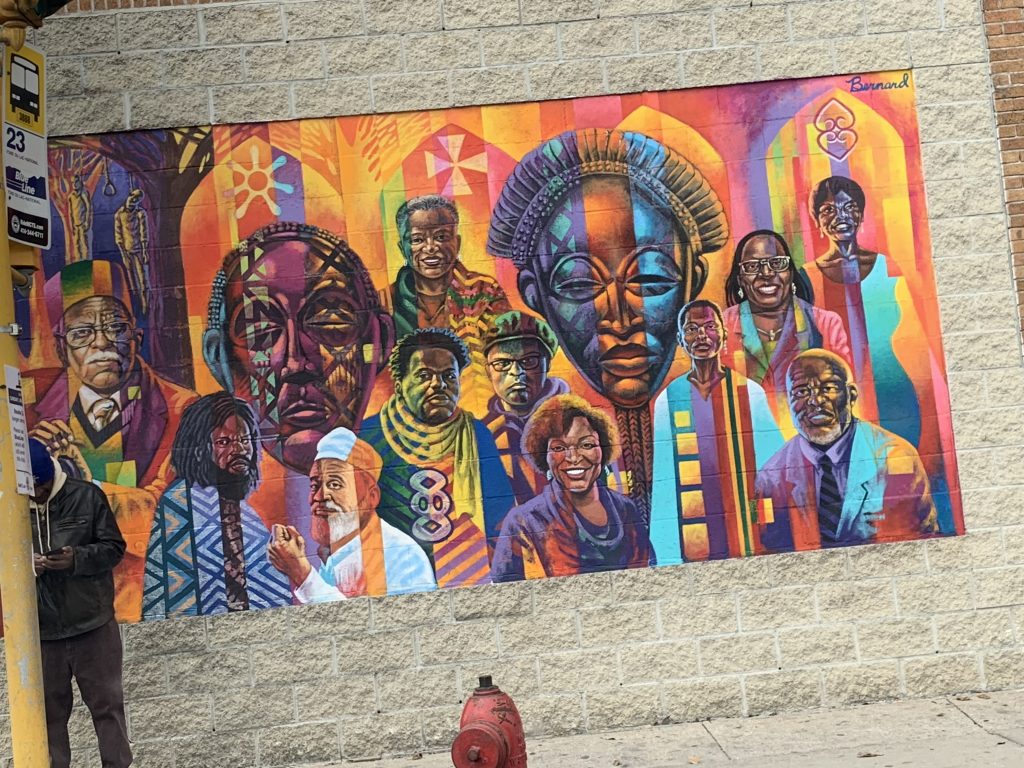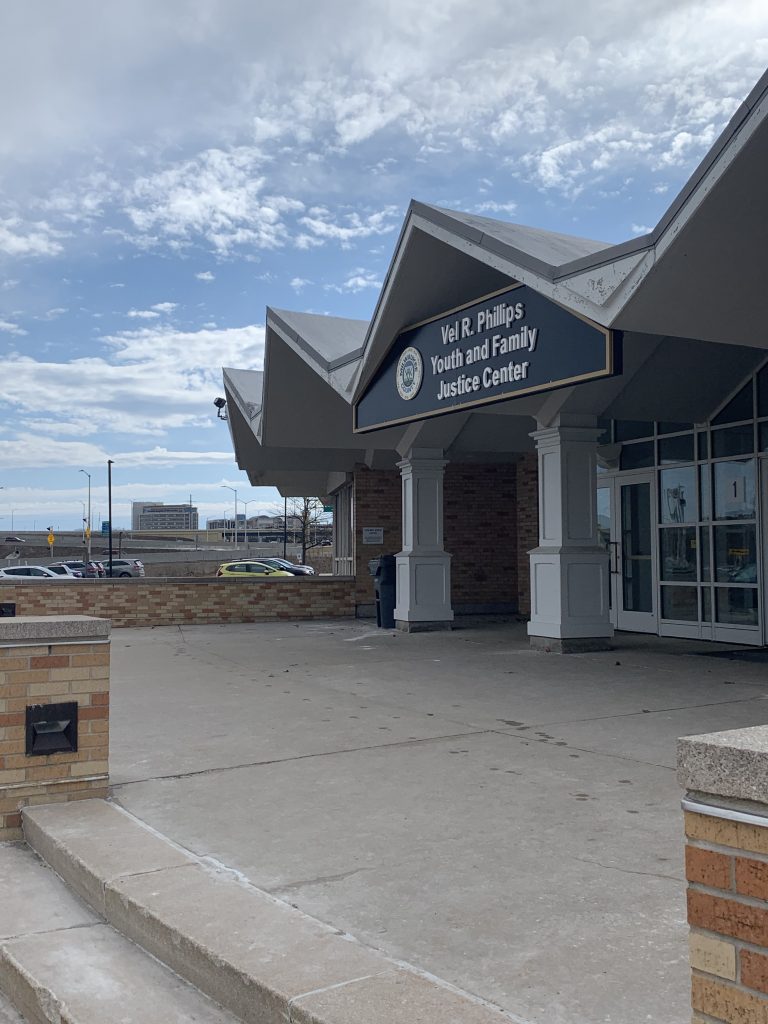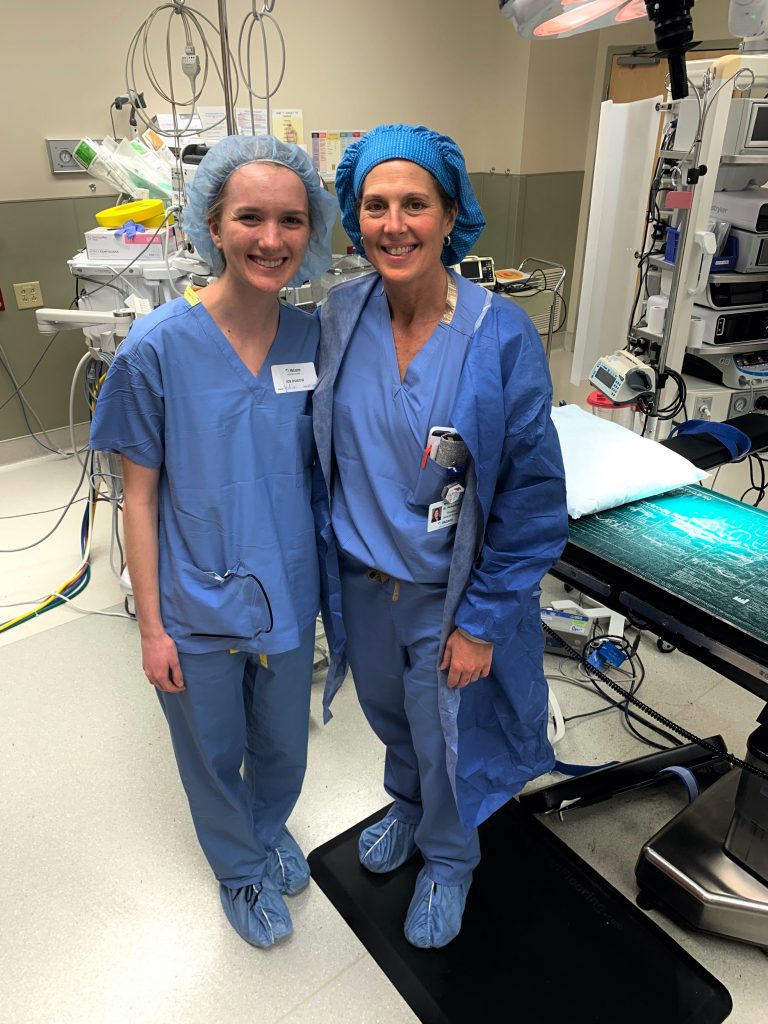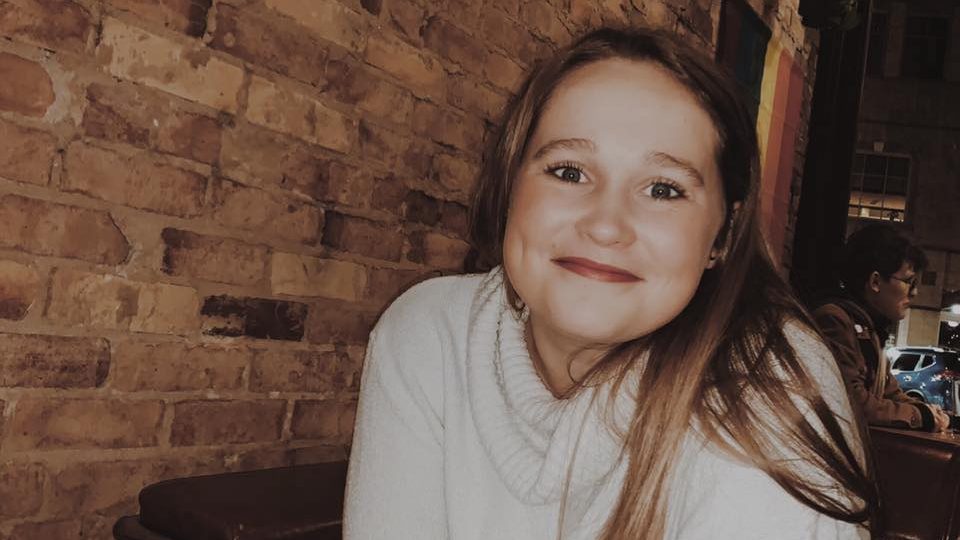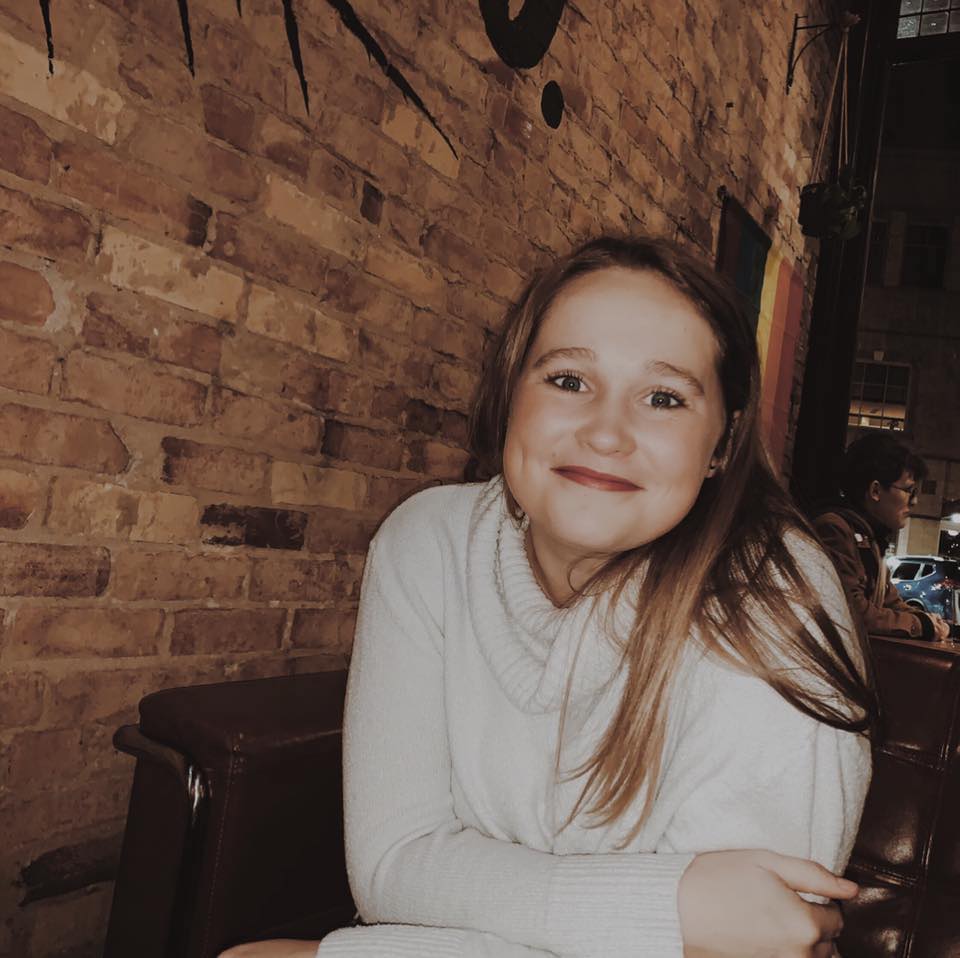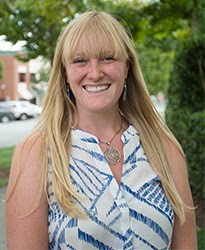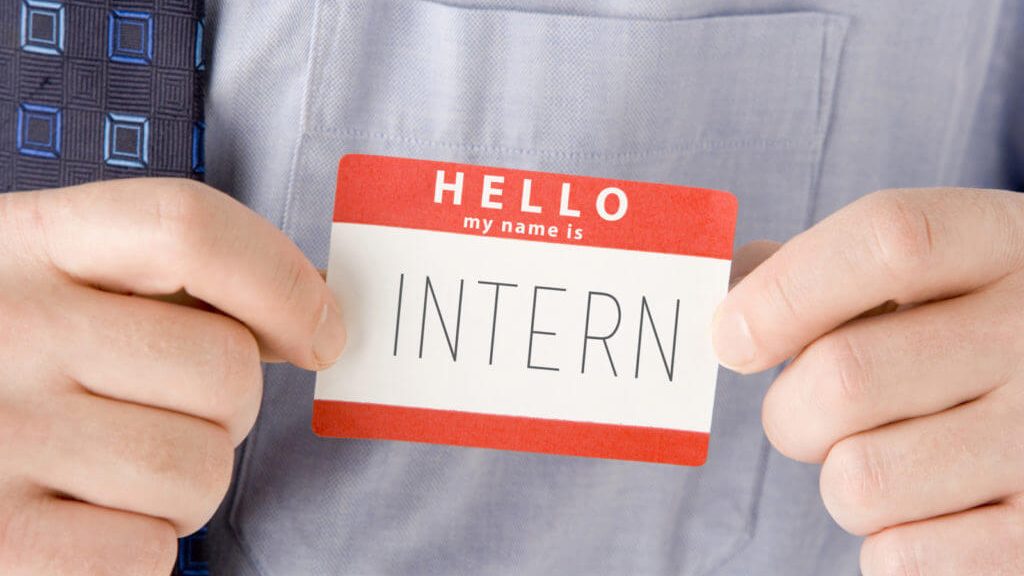On Tuesday, September 8th, the Boerigter Center for Calling and Career hosted two more sessions as a part of the ongoing Career Camp. If you have not heard about Career Camp yet, it is an initiative designed to help prepare Hope students for their next steps, whether that be an internship, fellowship, entering the workforce post-graduation, or getting ready to apply to graduate school. This past Tuesday there were two sessions, one on résumé creation, and the other on getting ready to apply for graduate and professional schools.
The graduate school session was hosted by Boerigter Center staff member Dale Austin who was joined by Jung Koral `04 who is a recruiting coordinator for the University of Michigan’s School of Environment and Sustainability. Jung was able to help lend his expertise in the application process to the discussion, and help inform students of the best processes and steps in getting ready to apply.
During the session, Dale and Jung talked about why someone should consider going to graduate or professional school, and the specificity that comes with a graduate degree. They also spoke to the process of finding the right school for each person, through looking at the curriculum, the faculty teaching, and also what the alumni are doing and how they have succeeded with their degree. They also discussed the characteristics of a strong candidate for graduate school and some of the steps to make sure that you take to get in like securing strong recommendations.
Financial aid and scholarships are of course something that most students worry about while looking for post-graduate programs, Mr. Koral was able to speak on some tips to getting more money out of your experience and also how money can play a role in the decision process. Lastly, the two quickly went over some available resources to students when considering applying and tools to use while applying for graduate or professional programs.
“On average, a Recruiter only spends 10-20 seconds reviewing resumes. Therefore, you have a short amount of time to make a good impression on paper – to tell the story of who you are & why you should be considered for the role over the hundreds of other applicants who have applied.” –Charlotte Korson ‘15
Charlotte Korson—Talent Acquisition Advisor at the Kellogg Company and a proud Hope College alumna—made a guest appearance at our Career Camp Résumé Prep workshop. Working as a Recruiter supporting Supply Chain, Manufacturing, and Global Engineering across the United States and Canada, Korson has extensive knowledge in the area of résumé building and evaluation. In conjunction with Megan Scheldt and Matt Atkins, two of our wonderful Boerigter Center staff, the purpose of this workshop was to familiarize students with professional résumés and equip them with the skills needed to construct their own résumé.
In the early stages, building a résumé appears to be a very daunting task. How could you possibly present your best self on a single sheet of paper and, more importantly, stand out amongst hundreds of these one-pagers that belong to your competitors? Fortunately, with a tactical approach and some résumé basics, this feat is absolutely possible.
So where exactly should you begin? Believe it or not, the first step is as simple as reviewing examples of well-written résumés to get a feel for some formatting and content ideas. Once you have looked through several examples, the next step is to make a list of your experiences. What counts as an experience? Anything that has made you grow as a person—think internships, volunteering, jobs, academic projects, and campus and community involvement! If you are interested in applying for a particular job or internship, make sure to thoroughly review the job/internship description. While you do this, highlight key skills, experiences, and traits the employer is seeking. Why is this important? Résumés are best when tailored for a specific position! So molding your résumé to reflect an employer’s mission statement and visions will make you a much stronger applicant. Once you understand the position and have identified which experiences are most relevant, you can begin to organize your résumé content. Last but not least, be patient and take your time! Building a strong résumé is no easy task that can be rushed. It will take effort and time to make it feel like and best represent you as an individual.
To some, this process can be very stressful and overwhelming. If this is true, know that you are not alone! No matter how far along you are in your professional career, whether that be polishing your résumé or starting it from scratch, the Boerigter Center for Career and Calling is here to support and guide you. In fact, all students have the opportunity to submit a first draft of their résumé in preparation for our Career Fair. Once your résumé has been reviewed, we will touch base with you and share some updates.
All of this information and more can be found by reaching out to the Boerigter Center for Calling and Career by scheduling an appointment in Handshake. Next week the BCCC will be holding a session on online profiles, we hope you will tune in for another week of Career Camp!




